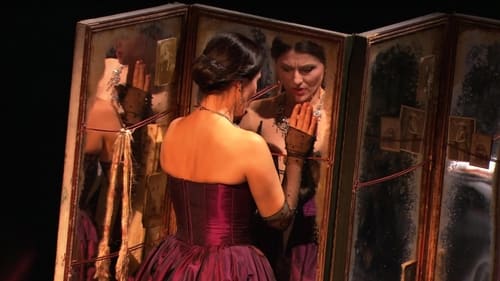Yuri Temirkanov
Nascimento : 1938-12-10, Nalchik, USSR, (now Russia)
História
Yuri Khatuevich Temirkanov (Russian: Ю́рий Хату́евич Темирка́нов; Kabardian: Темыркъан Хьэту и къуэ Юрий; born December 10, 1938) is a Russian conductor of Circassian (Kabardian) origin.
Born in 1938 in the North Caucasus city of Nalchik, Temirkanov attended the Leningrad School for Talented Children where he continued his studies in violin and viola.
In 1968, he was appointed Principal Conductor of the then-renamed Leningrad Symphony where he remained until his appointment as Music Director of the Kirov Opera and Ballet in 1976.
Temirkanov was the first Soviet artist permitted to perform in the United States after cultural relations were resumed with the Soviet Union at the end of the Soviet–Afghan War in 1988.
Temirkanov became artistic director and chief conductor of the St. Petersburg Philharmonic in 1988. He was music director of the Baltimore Symphony Orchestra from 2000 until 2006. He has served as principal guest conductor of the Danish National Symphony Orchestra and conductor laureate of the Royal Philharmonic Orchestra in London. In 2015, the Teatro La Fenice awarded Temirkanov its prize 'A Life for Music' (unofficially known as the Nobel Prize for Musicians).
Source: Article "Yuri Temirkanov" from Wikipedia in english, licensed under CC-BY-SA 3.0.





